Understanding Complex PTSD: You’re Not Broken—You’re Healing
At Moonrise Therapy and Wellness, we often meet people who have survived incredibly difficult pasts—but feel like they’re still fighting invisible battles every day. If you find yourself constantly on edge, stuck in patterns of self-blame, or struggling to feel safe even when life looks “fine” on the outside, you may be living with Complex PTSD (C-PTSD).
You are not alone. And more importantly—you are not beyond healing.
What Is Complex PTSD?
Unlike traditional PTSD, which often results from a single traumatic event (like a car accident or natural disaster), Complex PTSD stems from ongoing, repeated trauma—especially during early life or in relationships where escape wasn’t possible. This could include:
Childhood abuse or neglect
Domestic violence
Living with a caregiver who was unpredictable or unsafe
Long-term emotional or psychological abuse
Captivity, war, or systemic oppression
Where PTSD is often about what happened, C-PTSD is also about what never happened—like safety, validation, or secure connection.
What Does C-PTSD Feel Like?
People with C-PTSD often live in survival mode. You might recognize some of these experiences:
Emotional flashbacks: Sudden waves of fear, shame, or sadness without a clear cause
Hypervigilance: Constantly scanning for danger, even in calm moments
Difficulty trusting: Struggles forming or maintaining close relationships
Negative self-beliefs: Feeling “broken,” “bad,” or unworthy of love
Dissociation: Zoning out, feeling disconnected from your body or surroundings
Chronic shame or guilt: A deep sense that something is wrong with you
These are not character flaws. They’re adaptations your mind and body made to survive overwhelming situations.
How Can You Cope and Begin to Heal?
Healing from complex trauma isn’t about “getting over it”—it’s about learning to feel safe in your own body and life again. It takes time, patience, and support. Here are some tools and practices that can help:
1. Learn Your Triggers Without Blame
Start noticing what people, places, or situations activate your nervous system. Journaling can help. The goal isn’t to avoid everything—but to understand your responses so you can soothe them over time.
2. Practice Grounding Techniques
Grounding helps pull you out of dissociation or emotional flashbacks and into the present moment. Try:
5-4-3-2-1 sensory technique (name 5 things you can see, 4 you can touch, etc.)
Holding a textured object like a cold stone or soft fabric
Deep, slow breathing with longer exhales
3. Rebuild a Sense of Safety
Your body may still feel like danger is around every corner. Create small routines that feel predictable and comforting—like making tea, lighting a candle, or taking a short walk each day. Safety doesn’t have to be big to be real.
4. Challenge Inner Criticism with Compassion
C-PTSD often comes with a harsh inner voice. When it shows up, try asking:
“What would I say to a friend who felt this way?”
Then say it to yourself. You deserve that same gentleness.
5. Seek Trauma-Informed Therapy
You don’t have to do this alone. Working with a therapist who understands complex trauma can help you process the past at your own pace and learn tools to regulate your nervous system, reconnect with your identity, and rebuild trust.
You Are Not Too Much. You Are Not Too Late.
C-PTSD can make life feel like a battle between parts of you that want to connect and parts of you that are terrified to try. That’s not failure—it’s a sign your nervous system is working hard to protect you.
At Moonrise Therapy and Wellness, we believe healing happens in relationships—first with your therapist, then slowly with yourself, and with others. We offer trauma-informed care rooted in compassion, science, and deep respect for your story.
Ready to Begin?
Whether you’re just learning about C-PTSD or have been living with it for years, you are not broken—you are brave. If you’re ready to take the first step toward healing, we’re here to walk beside you.
Reach out today to schedule a free consultation.
Because you deserve to rise.
